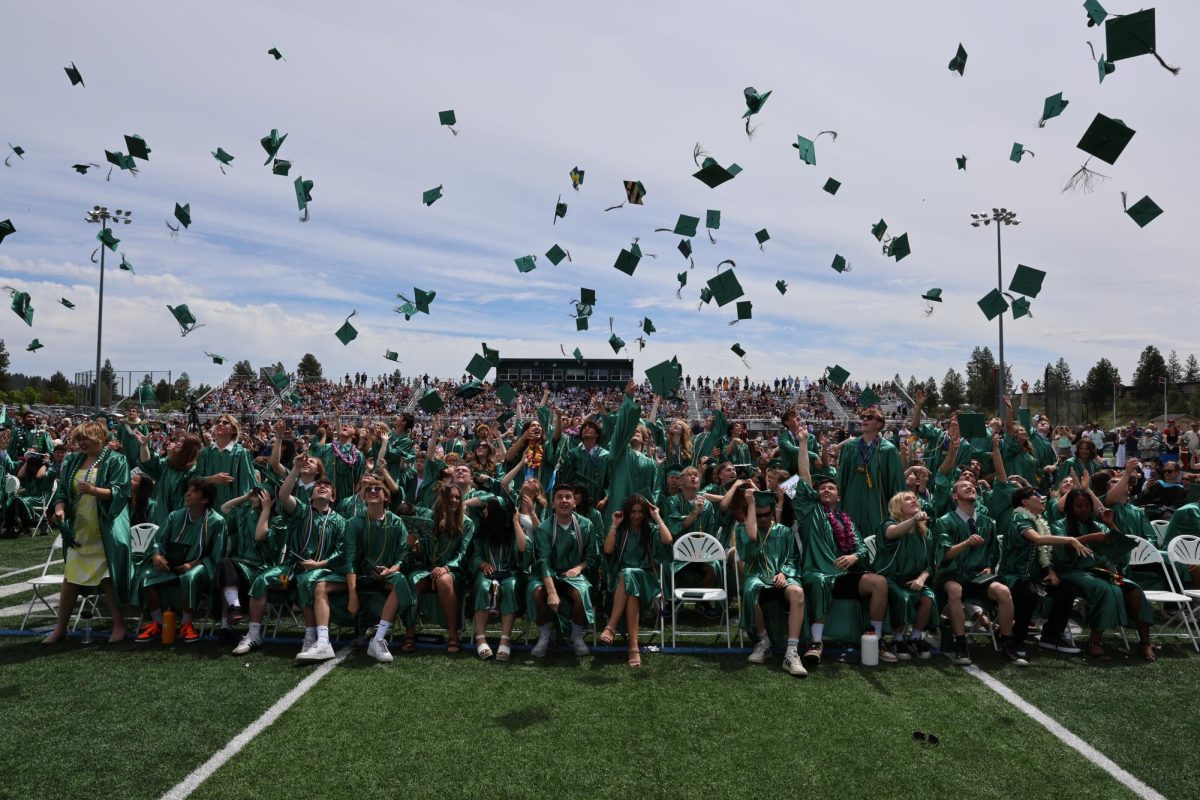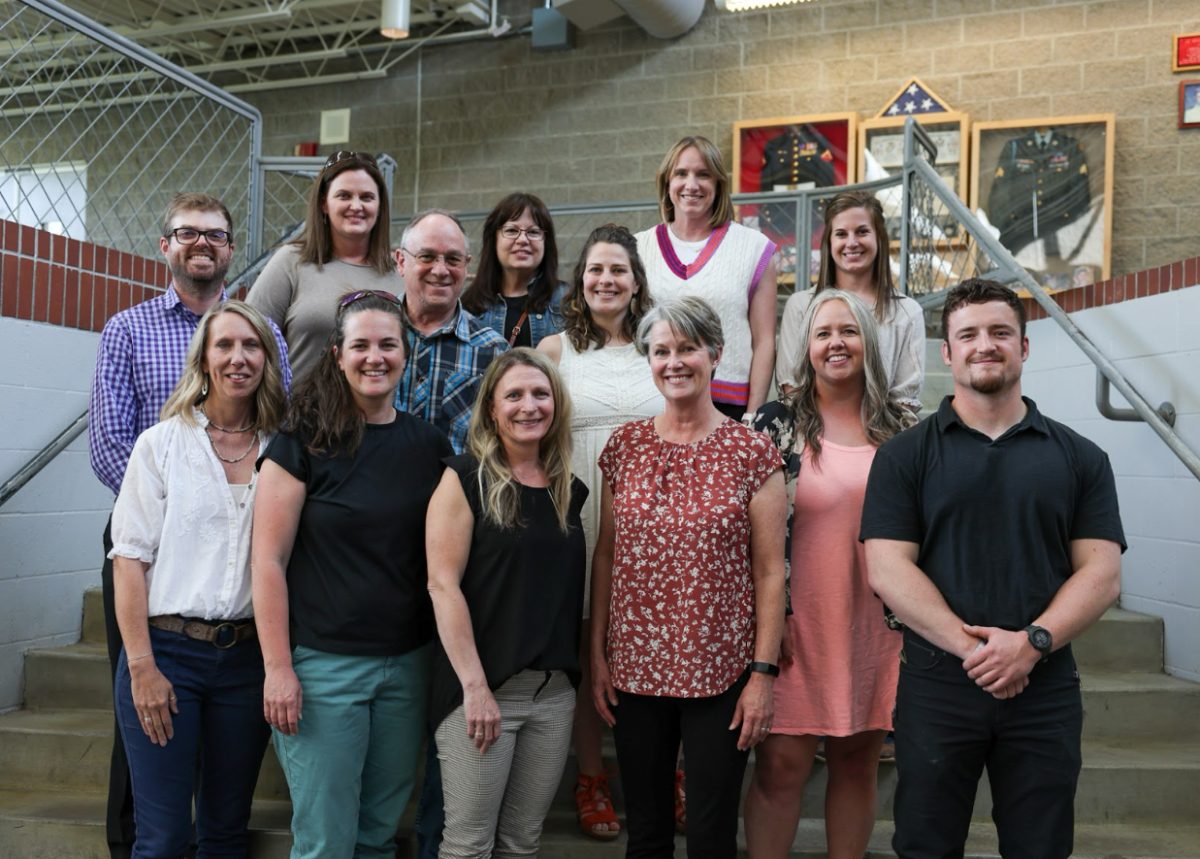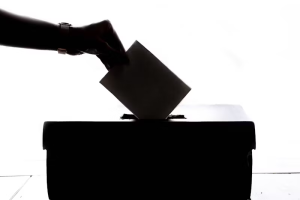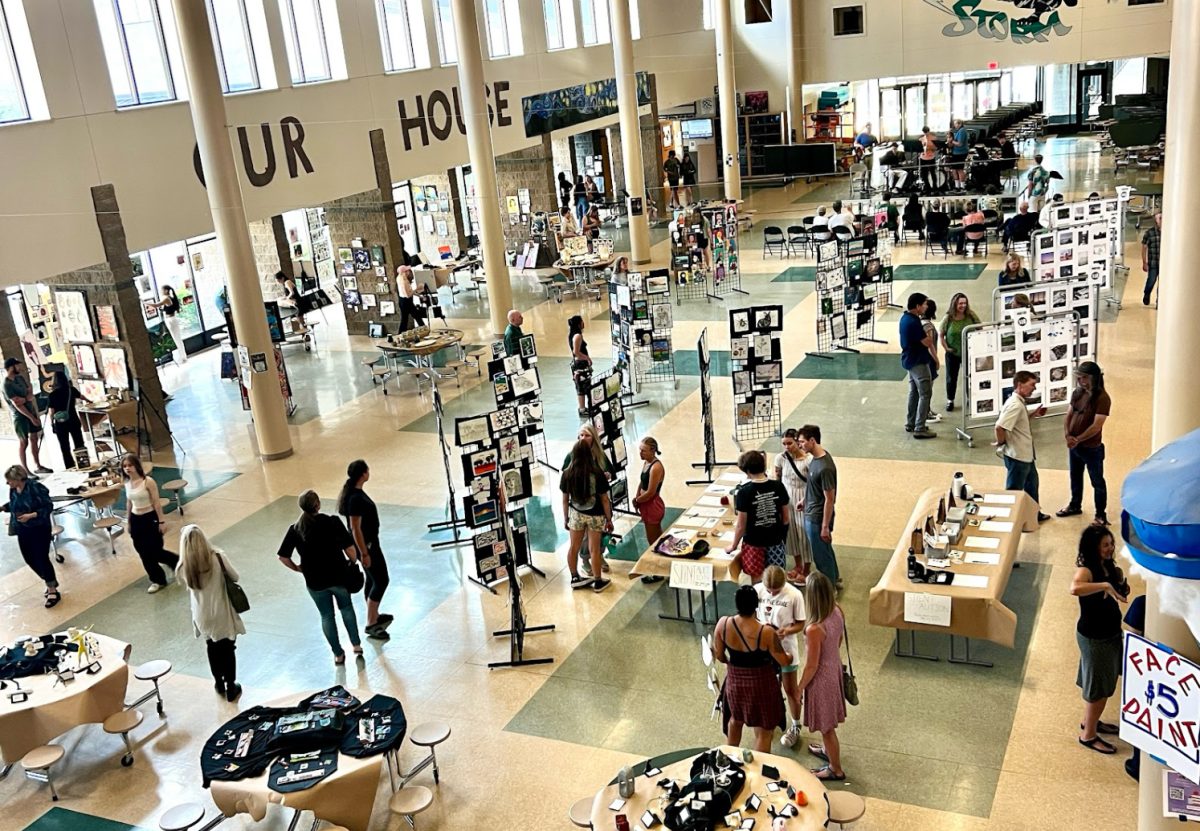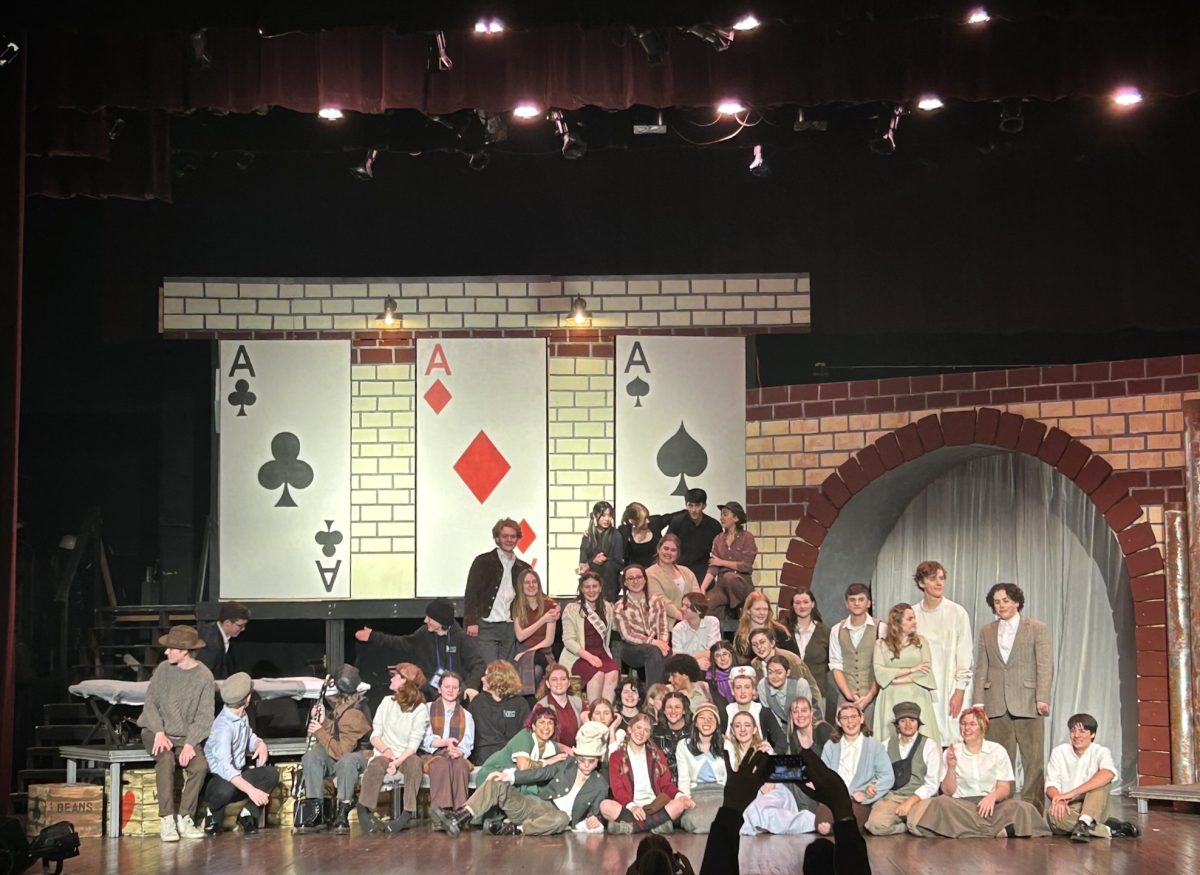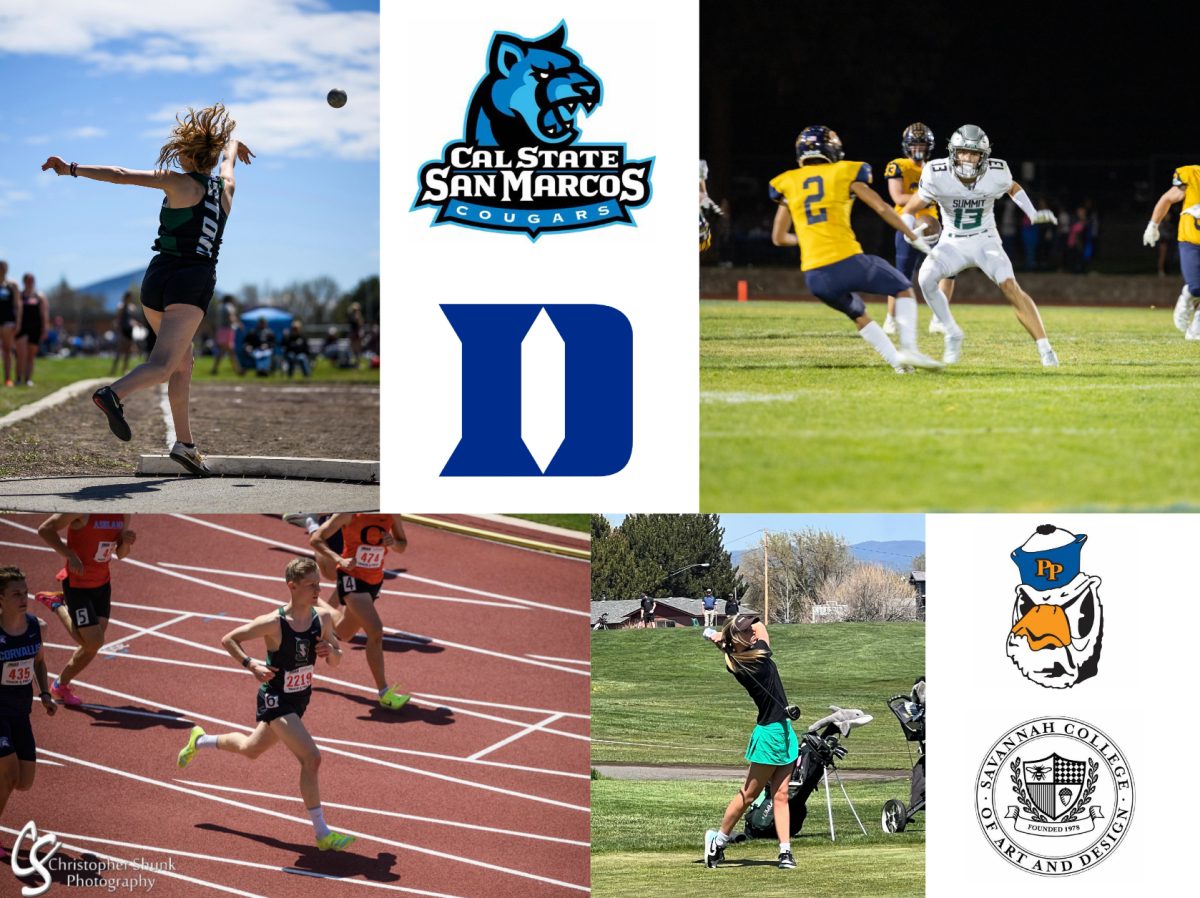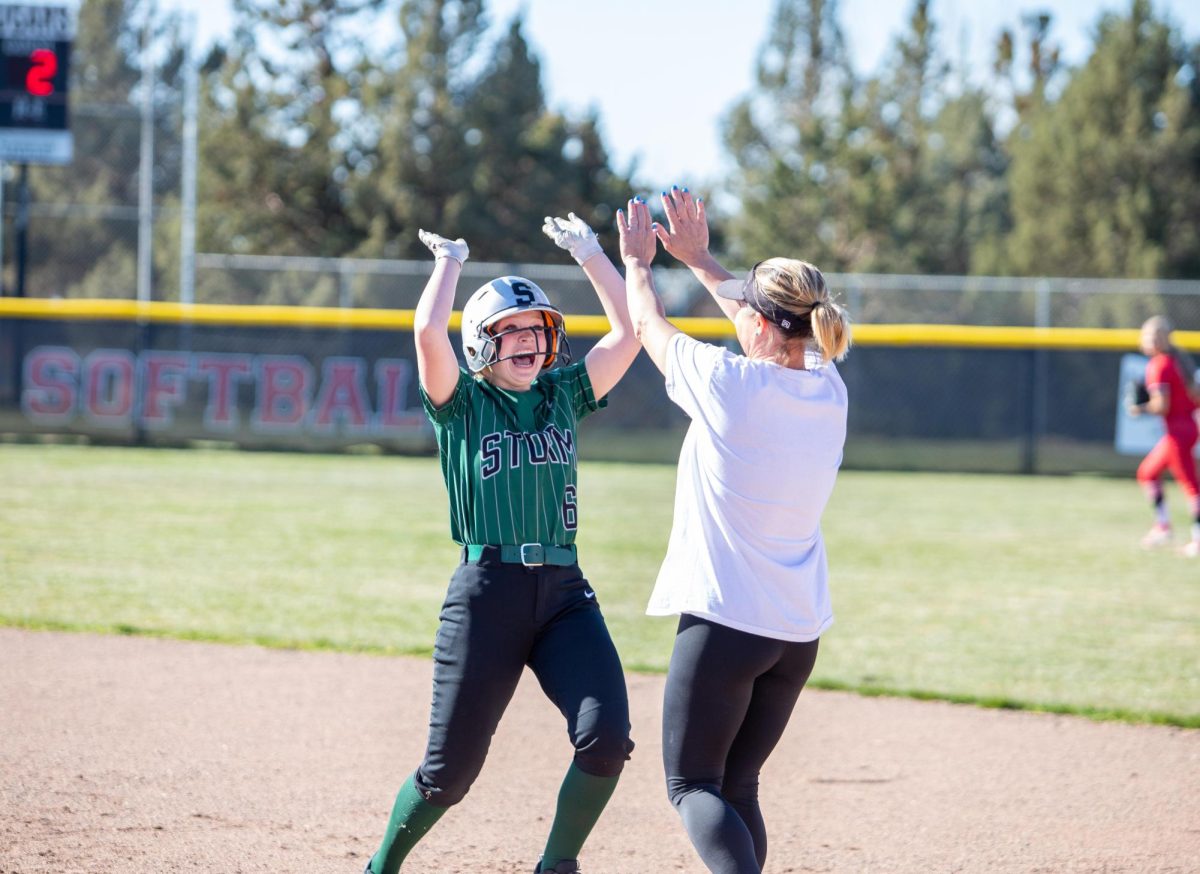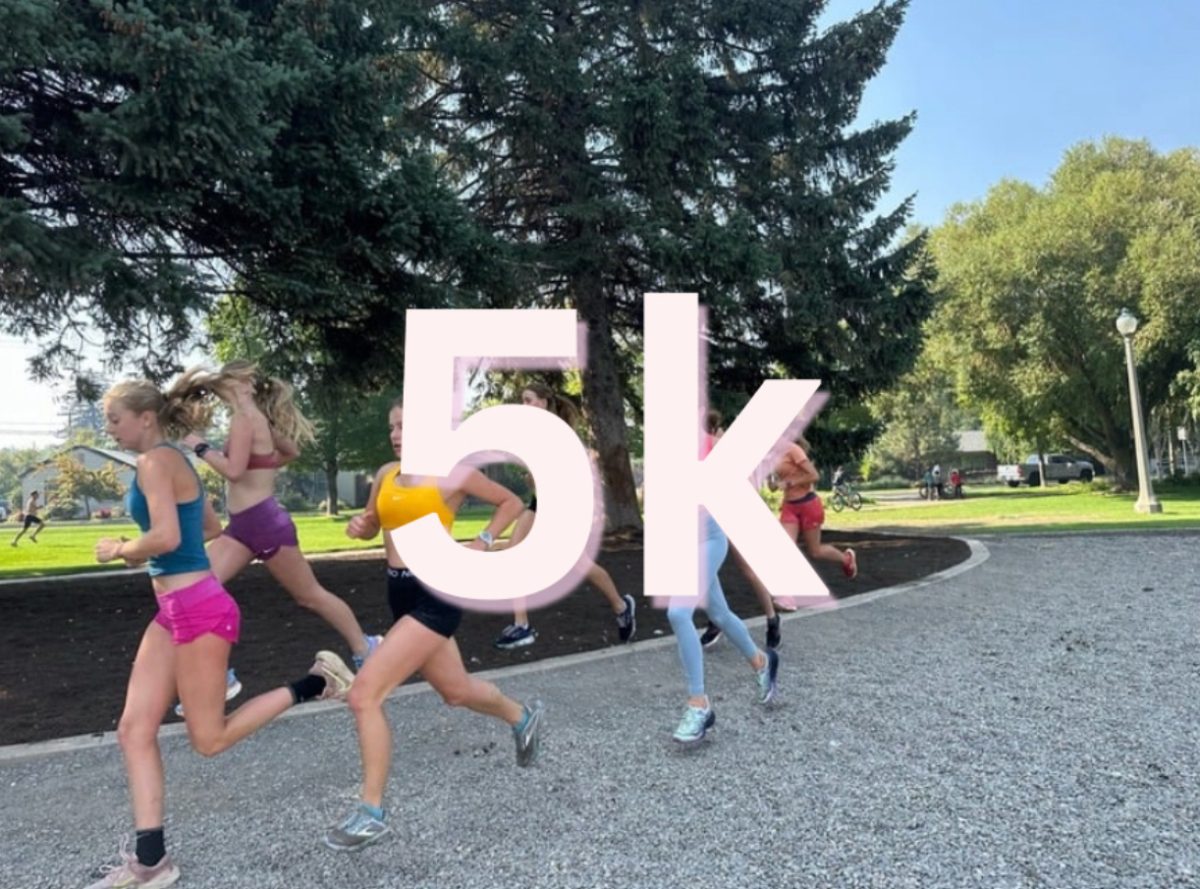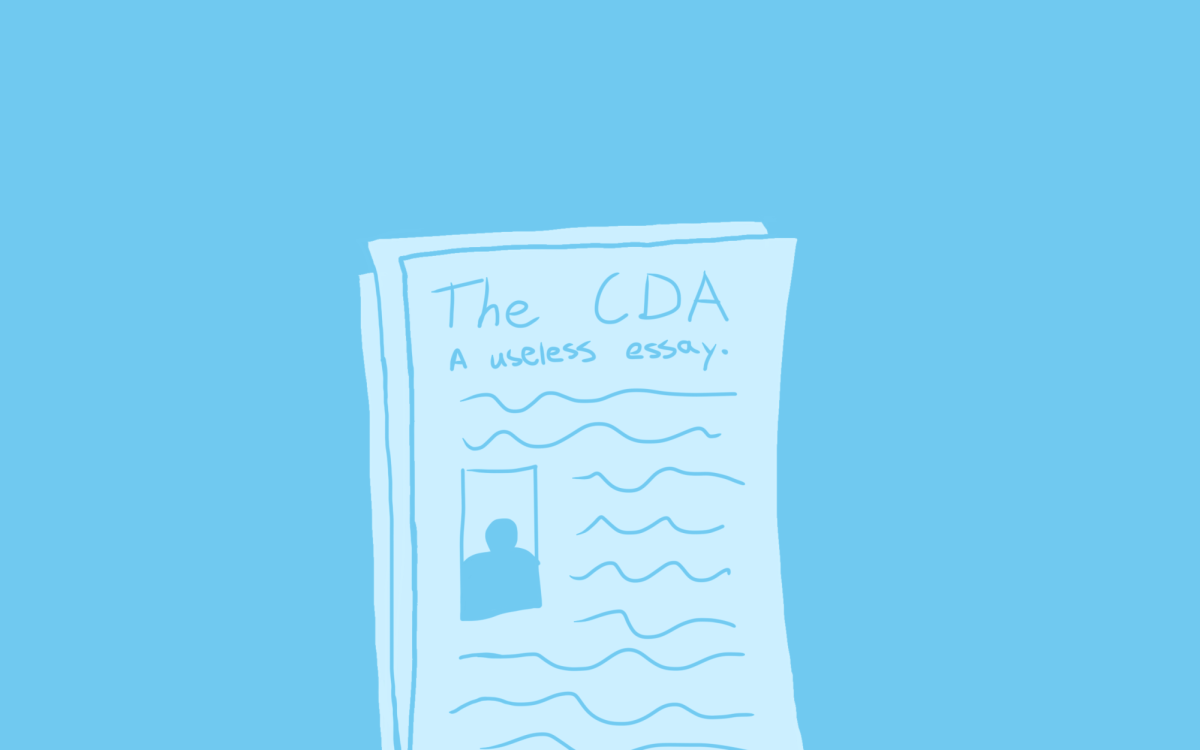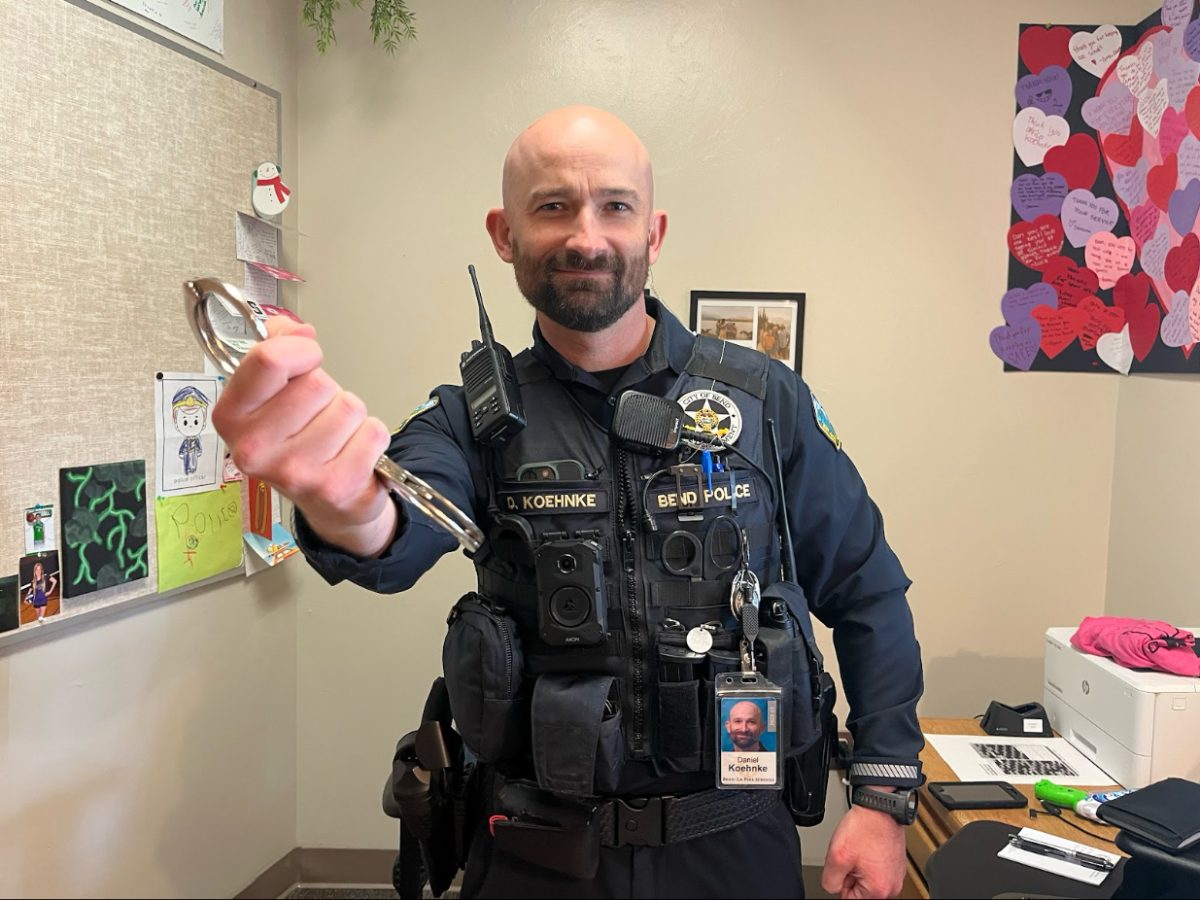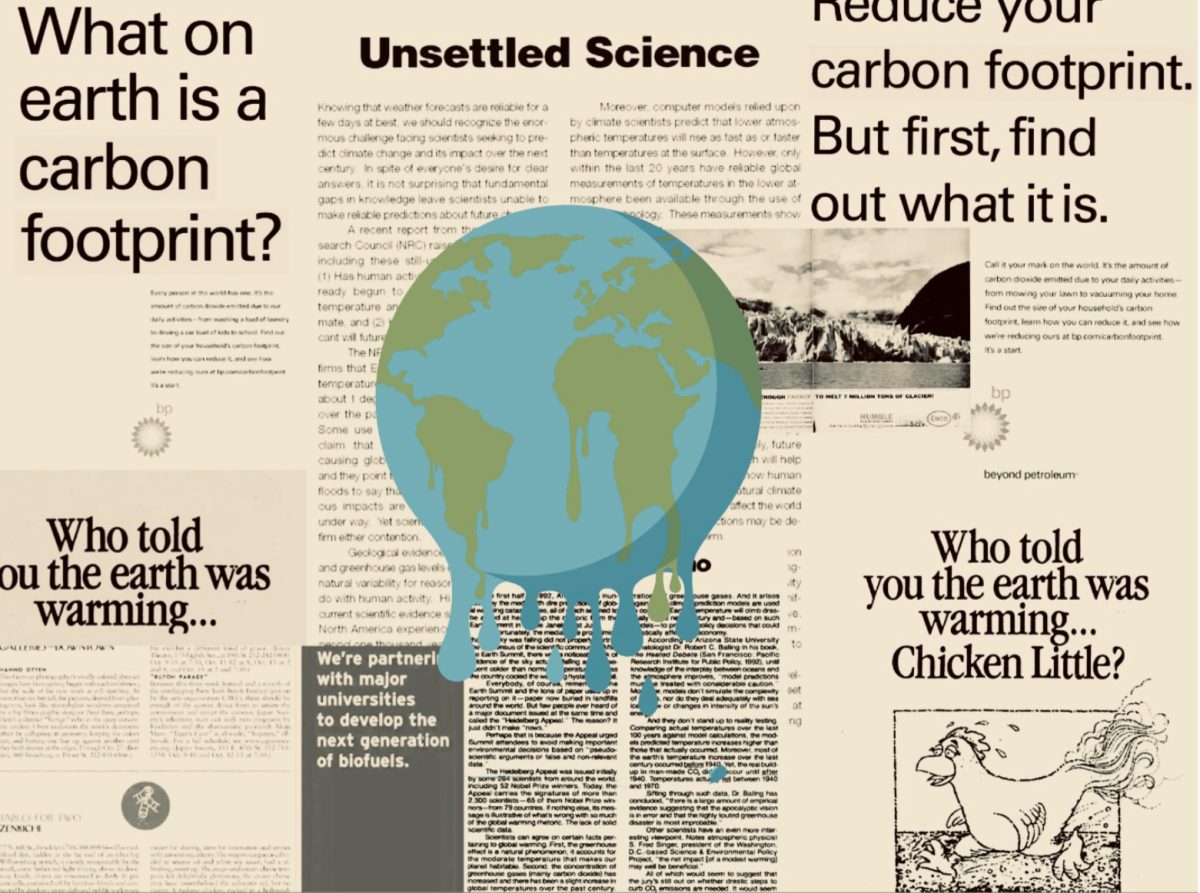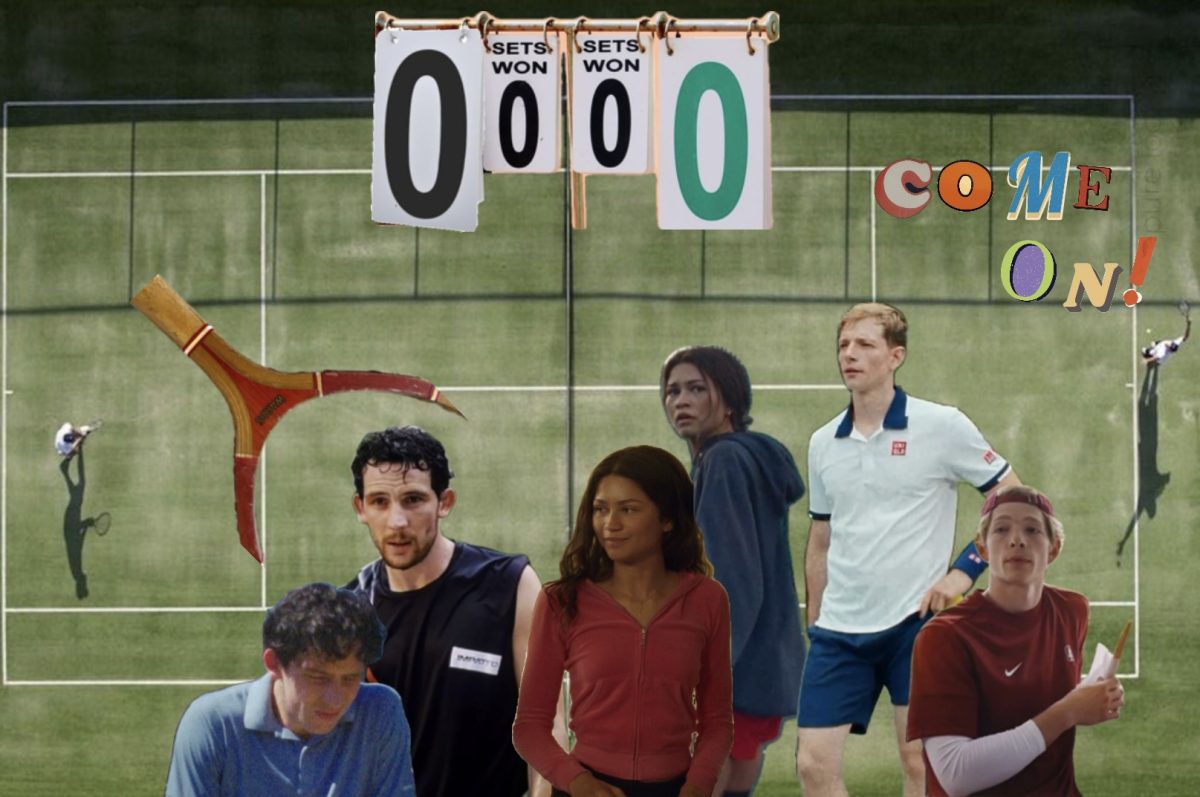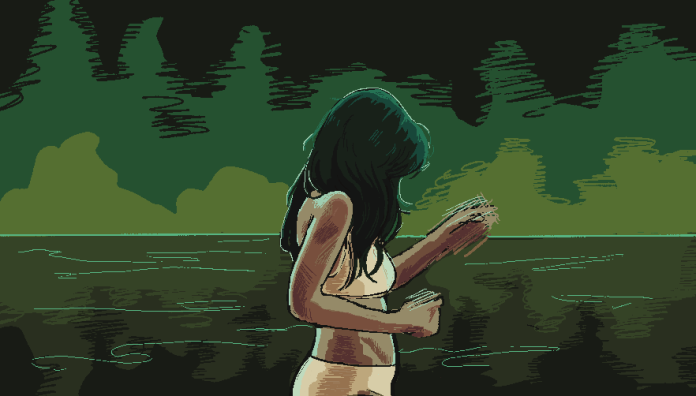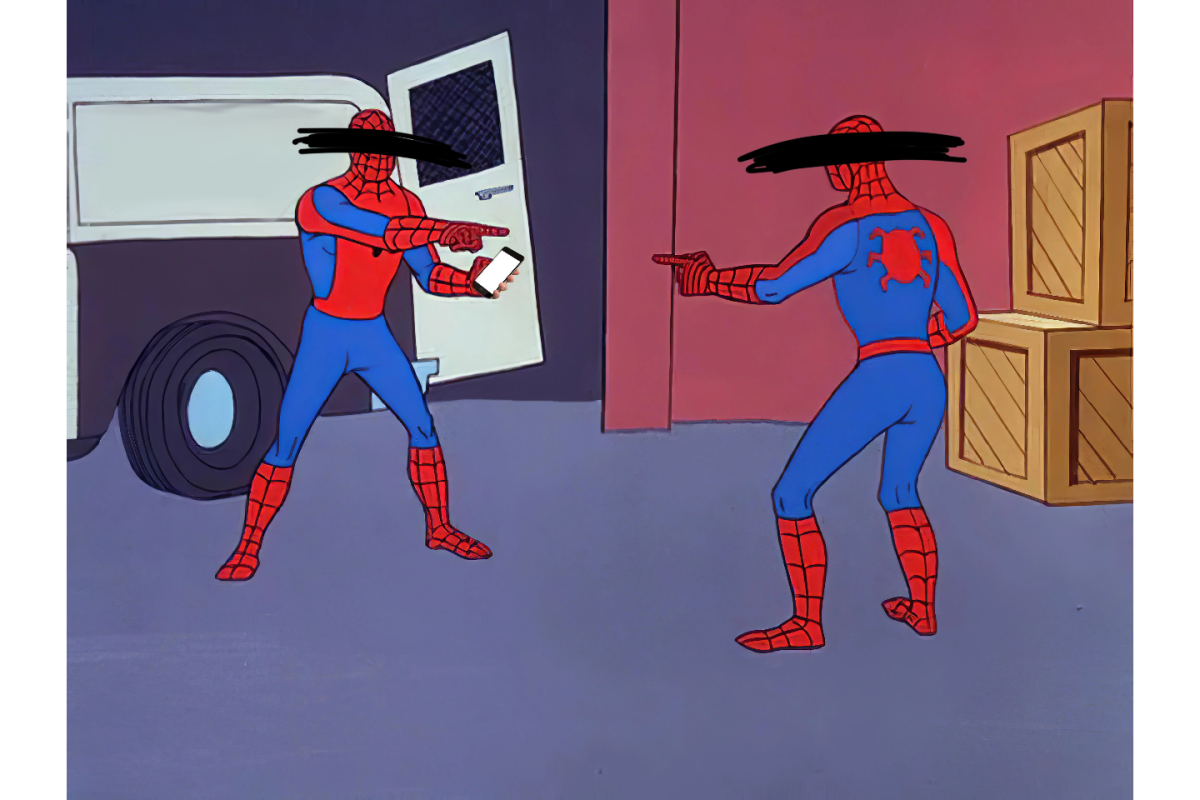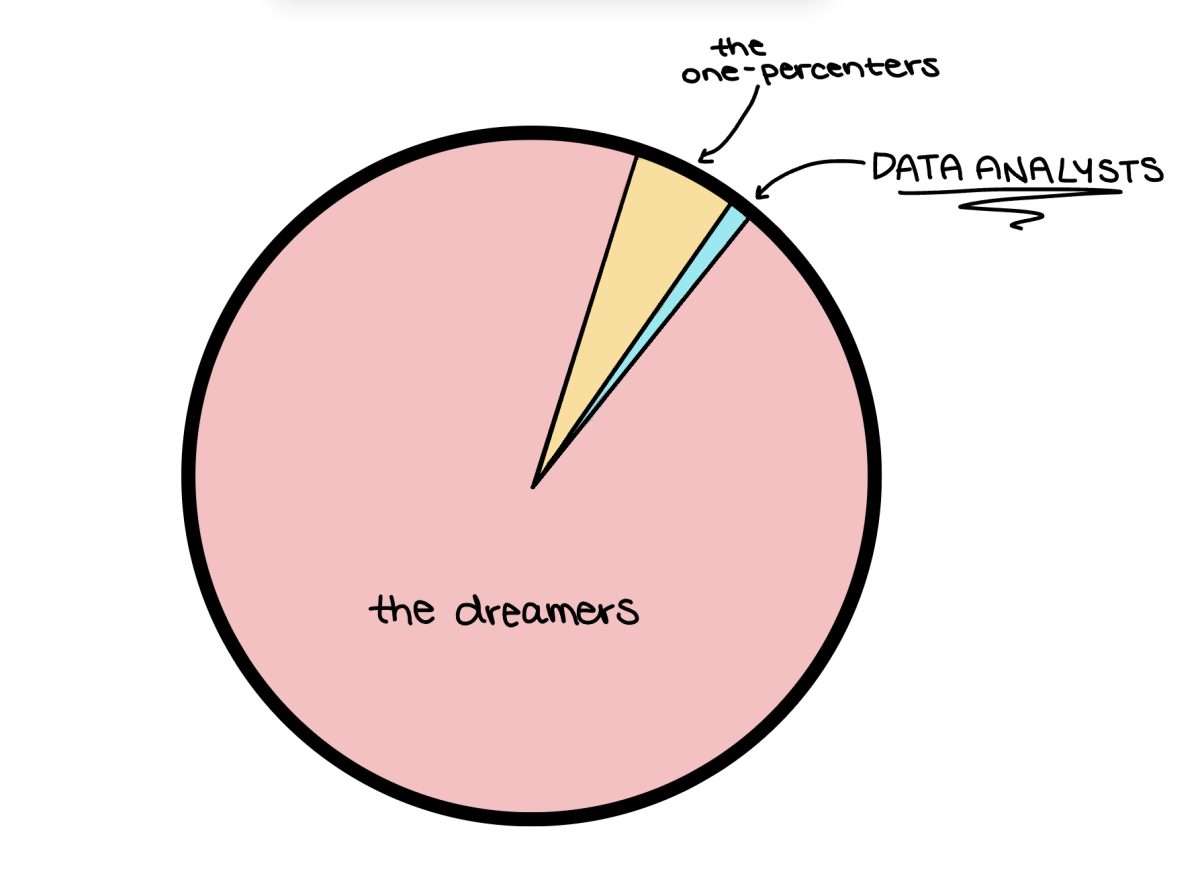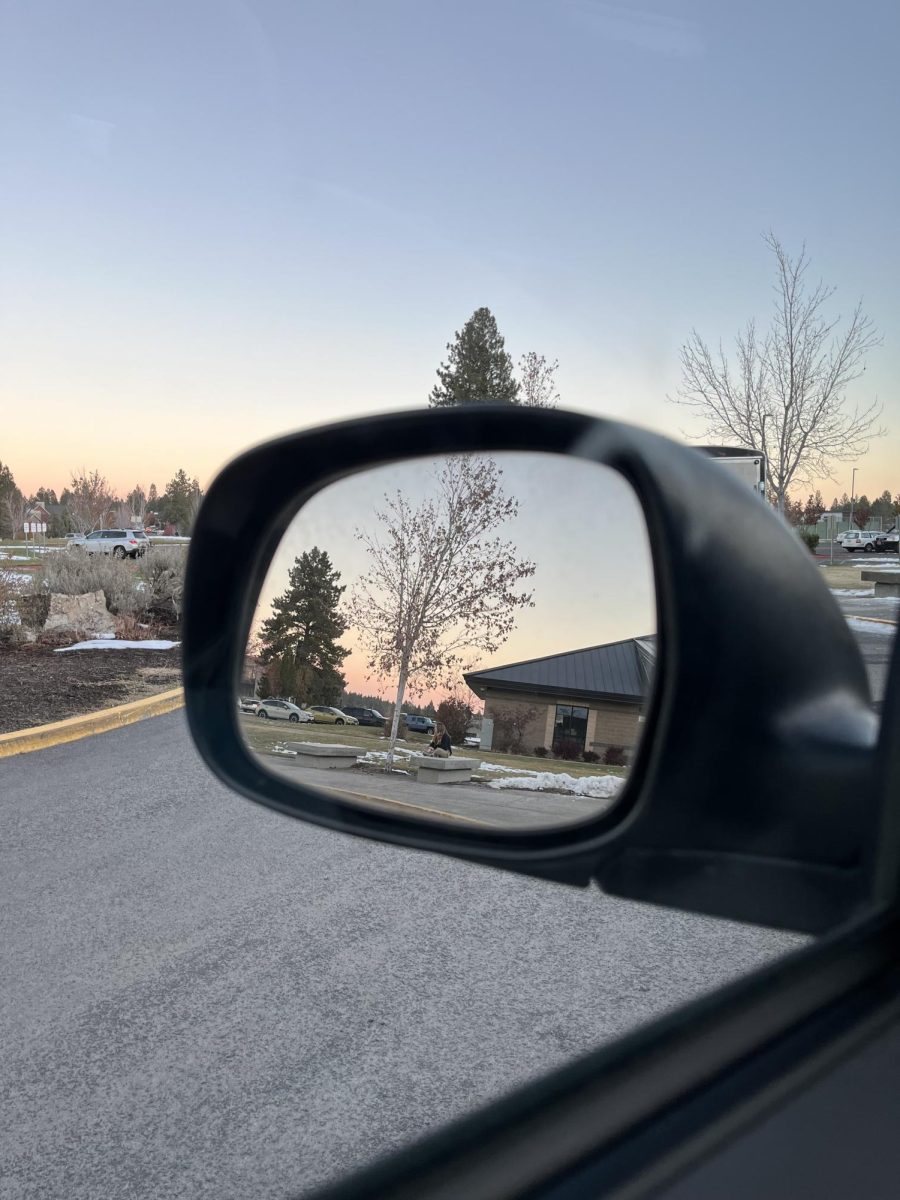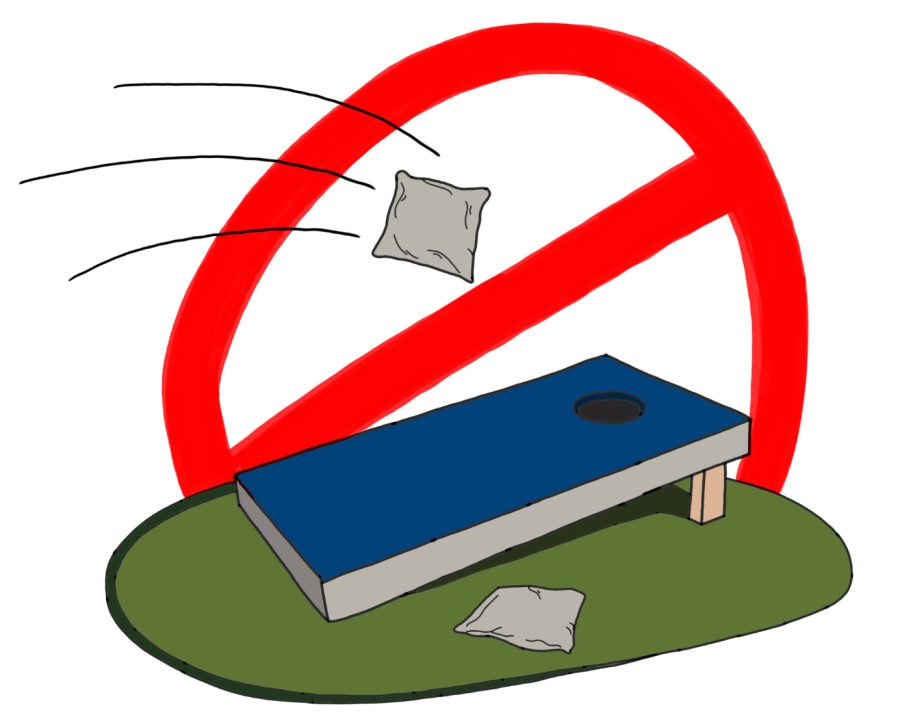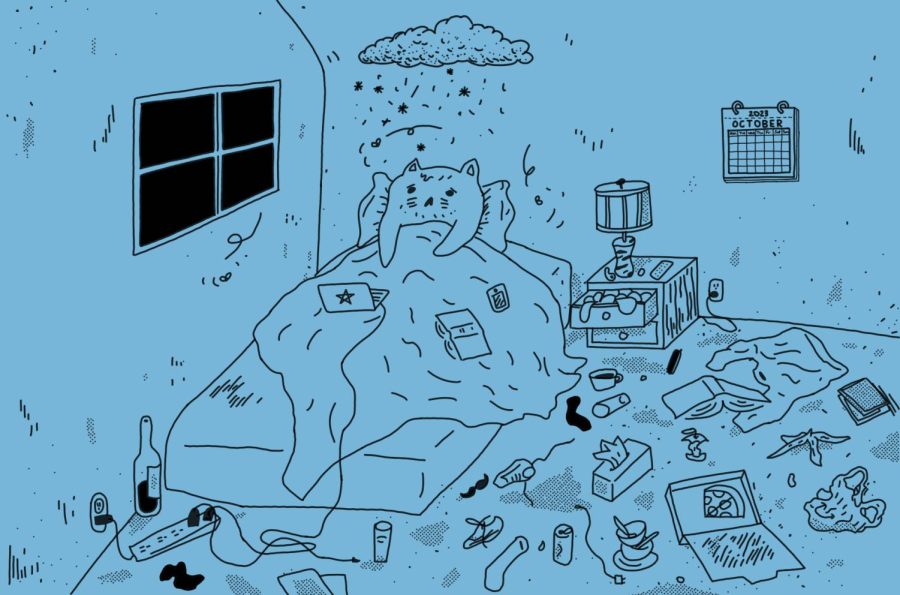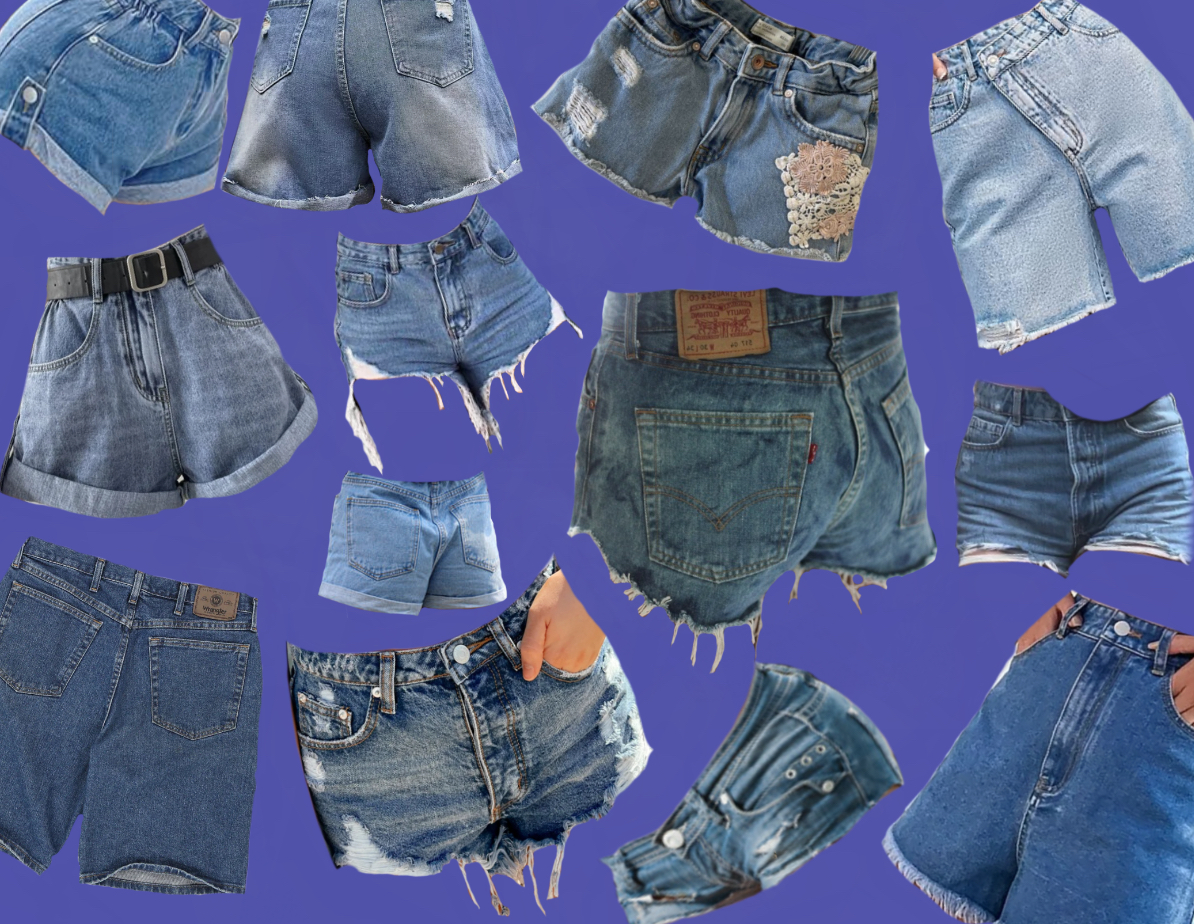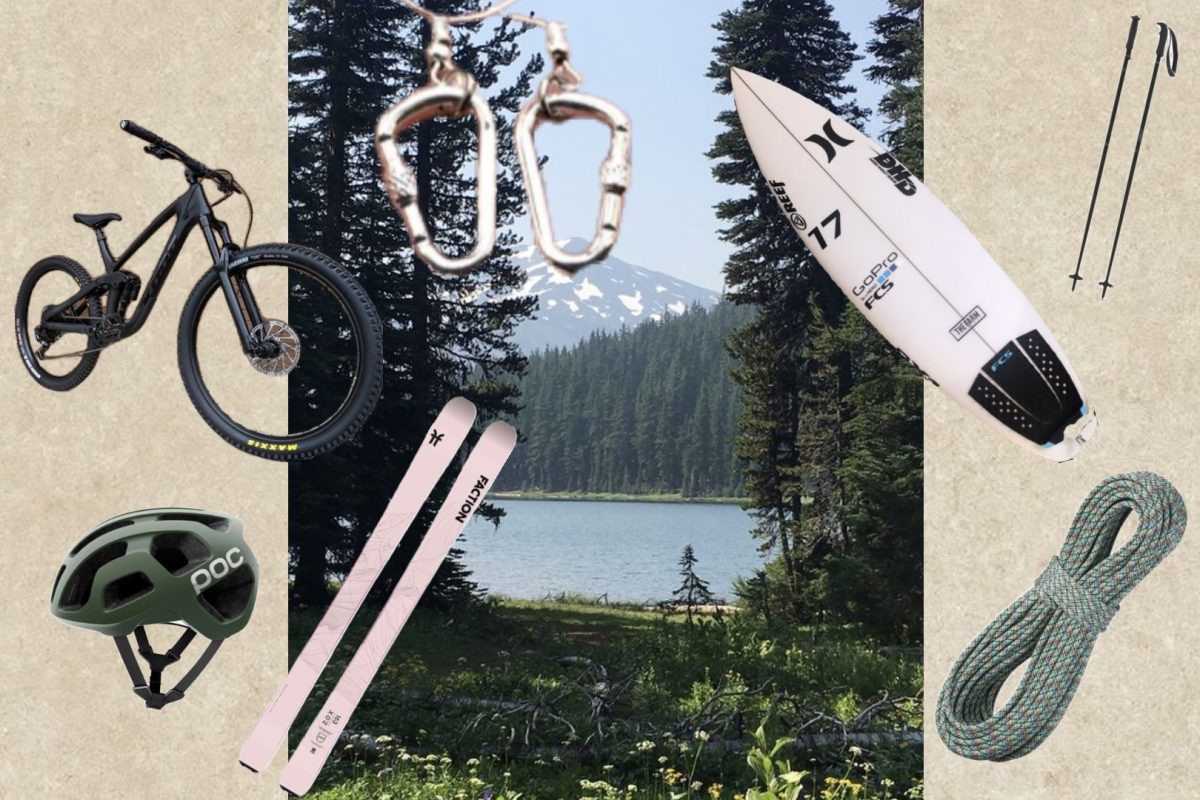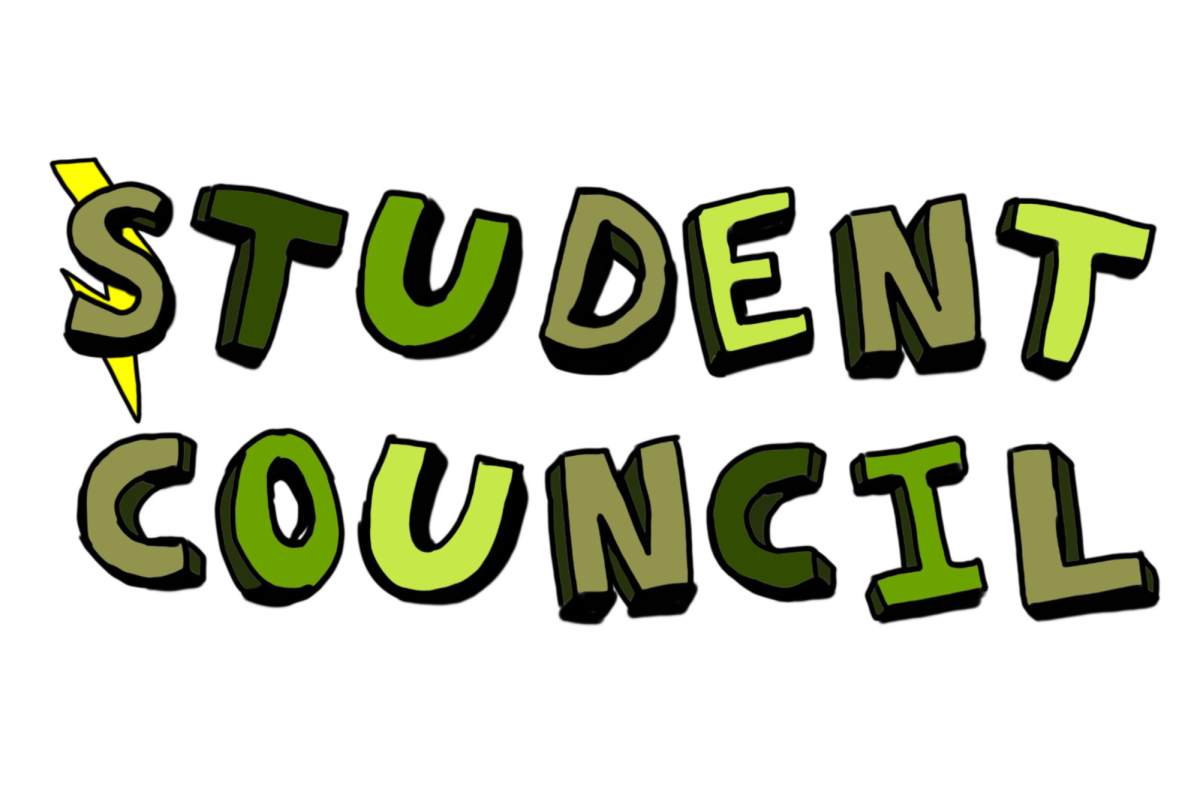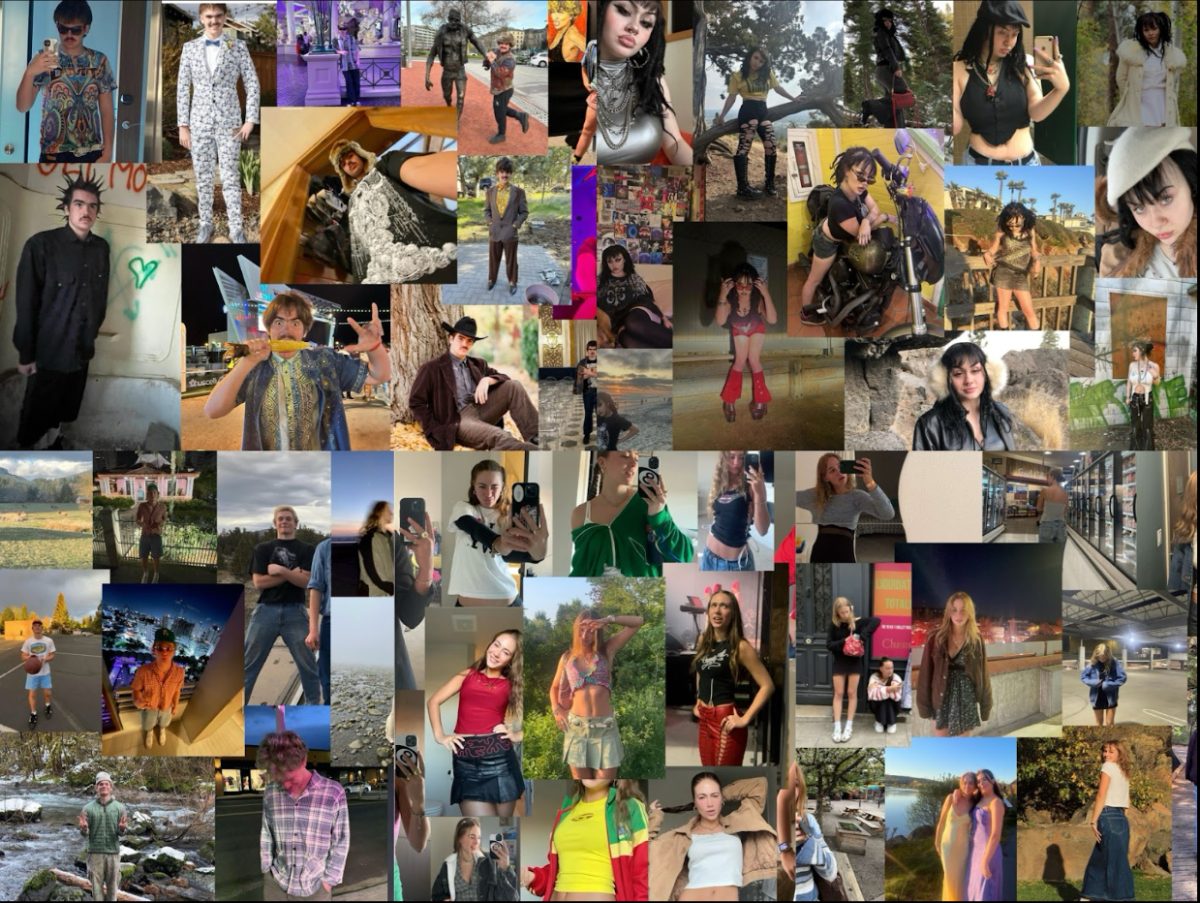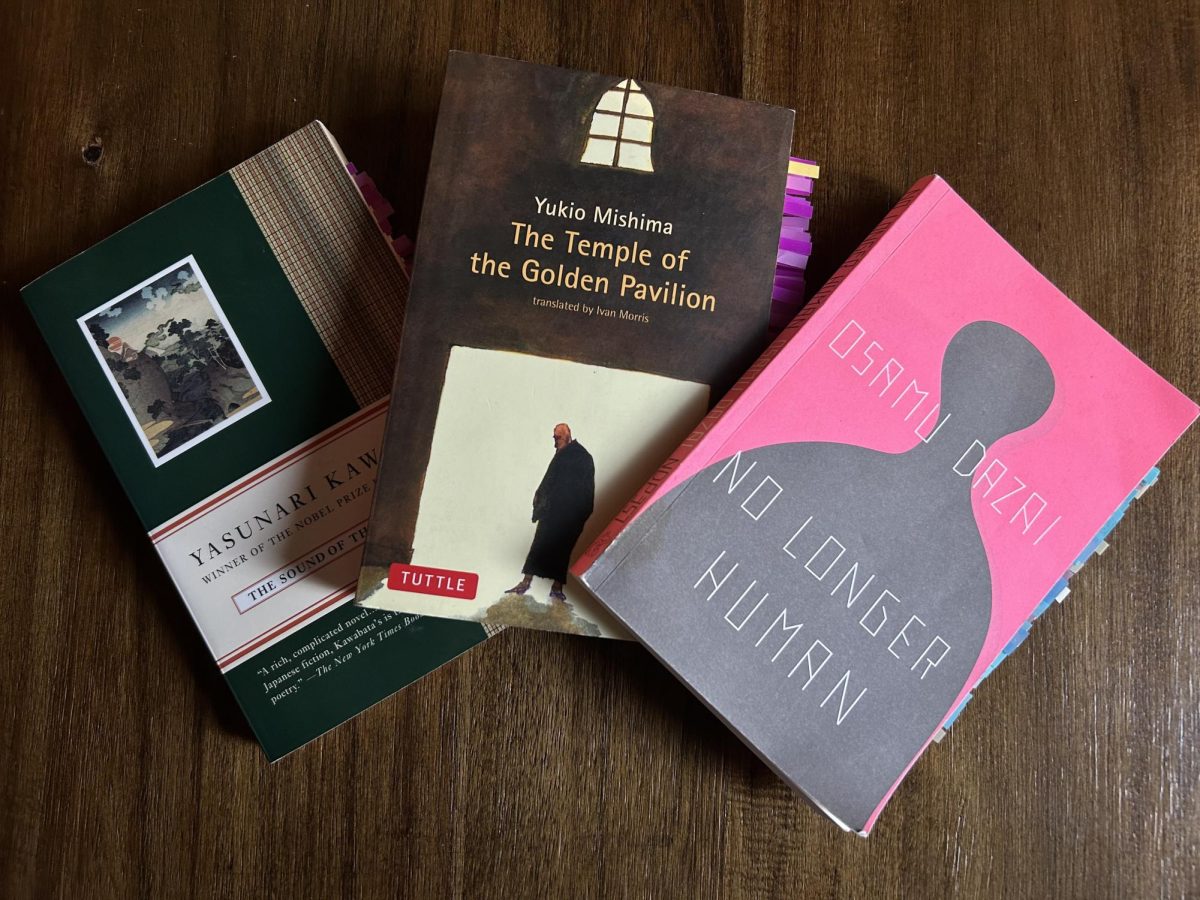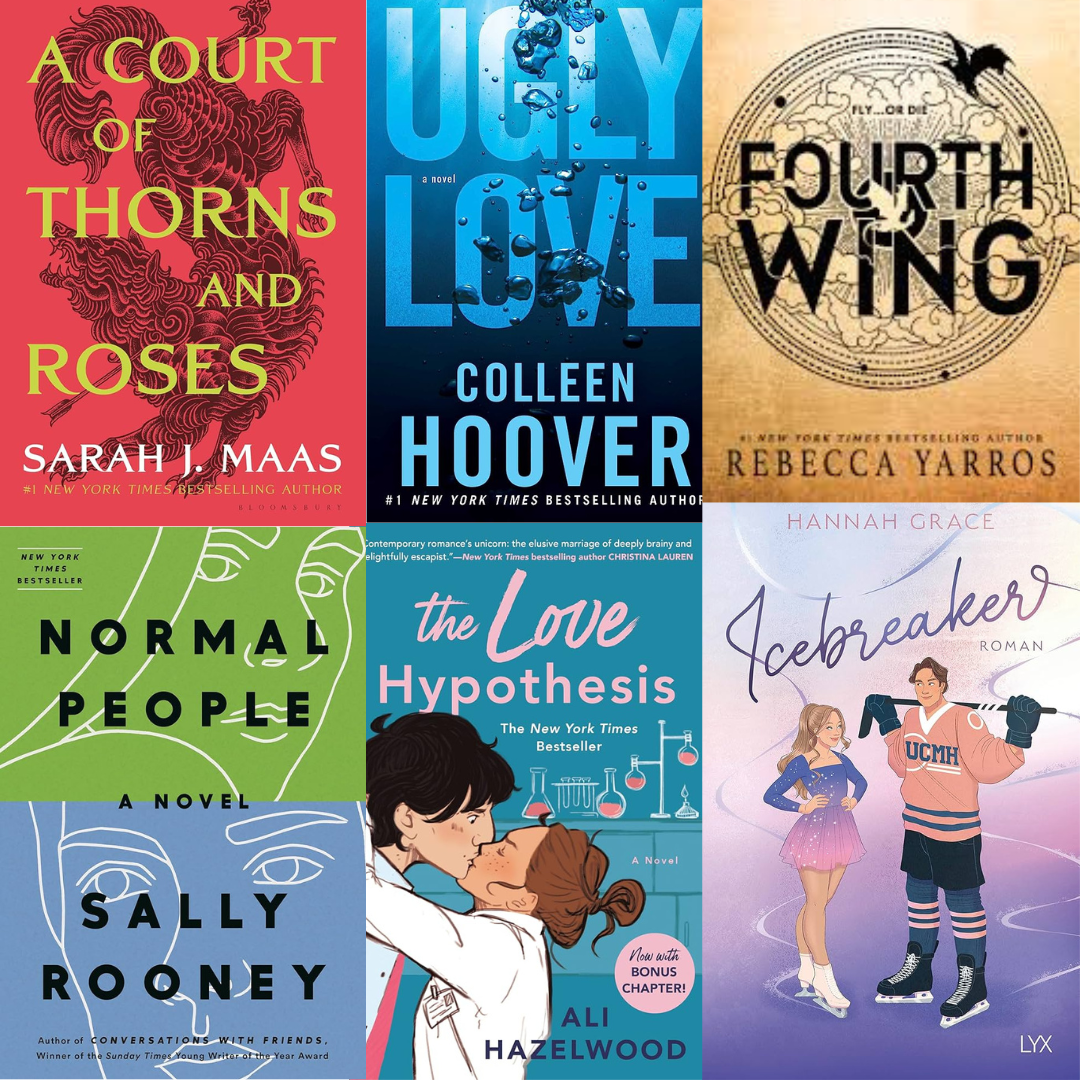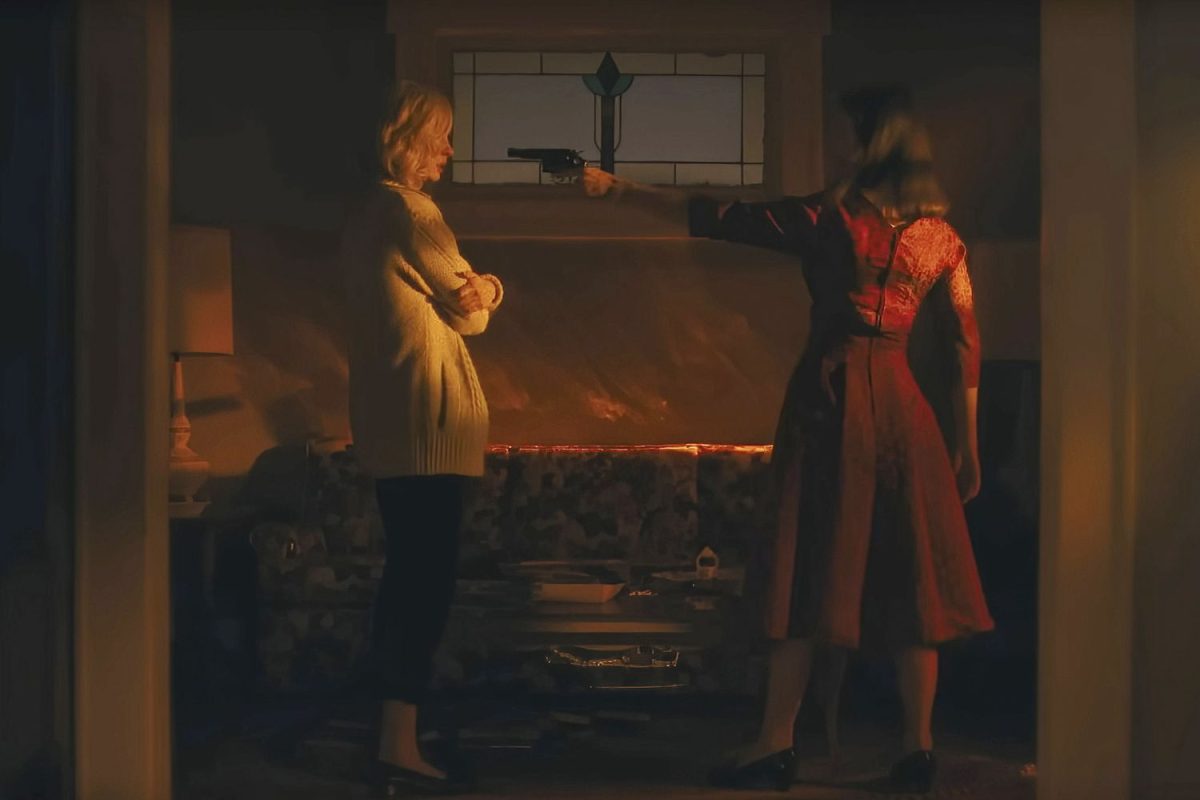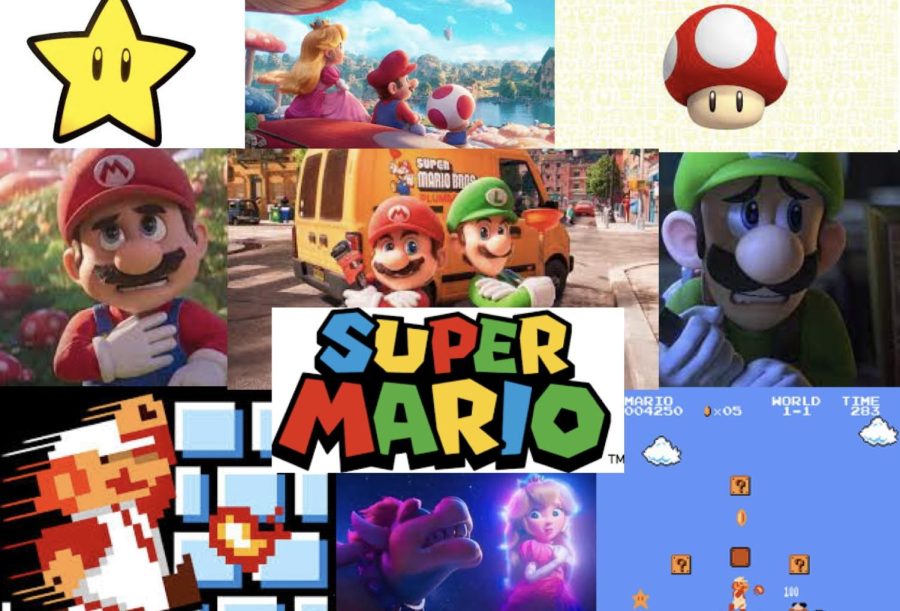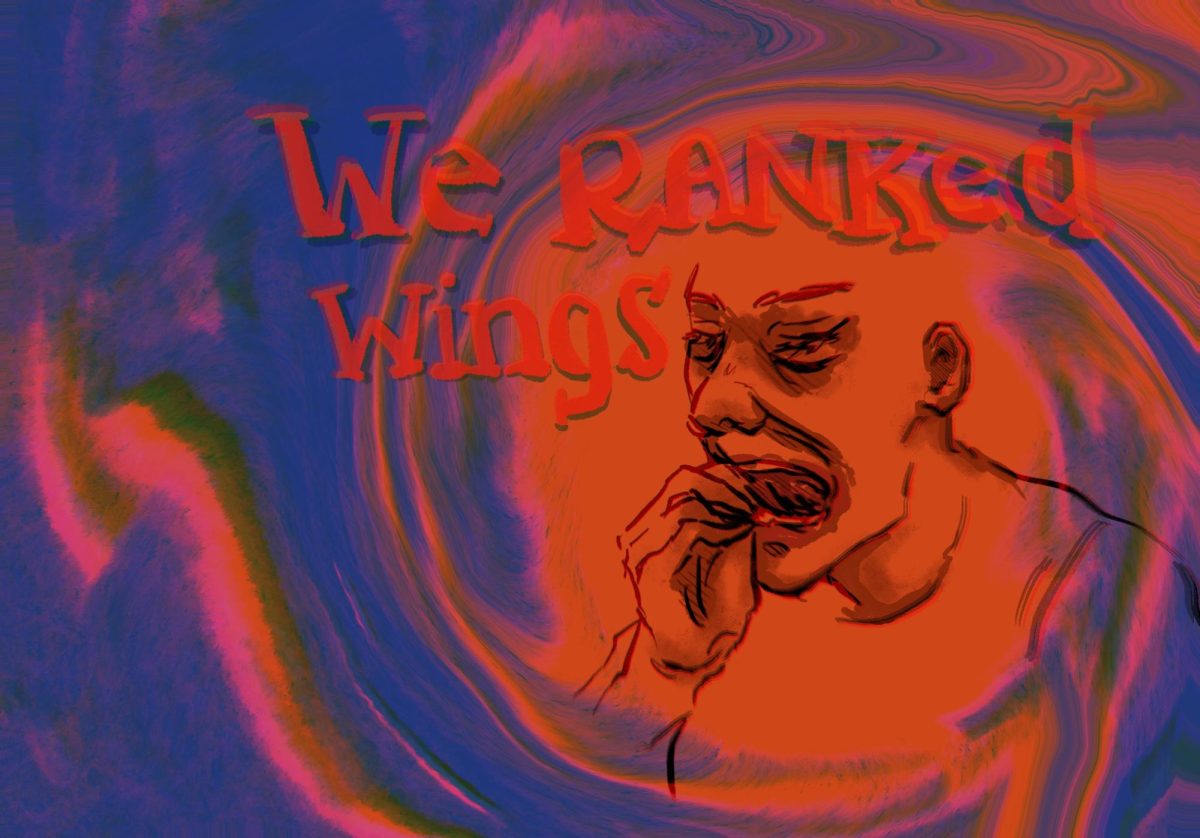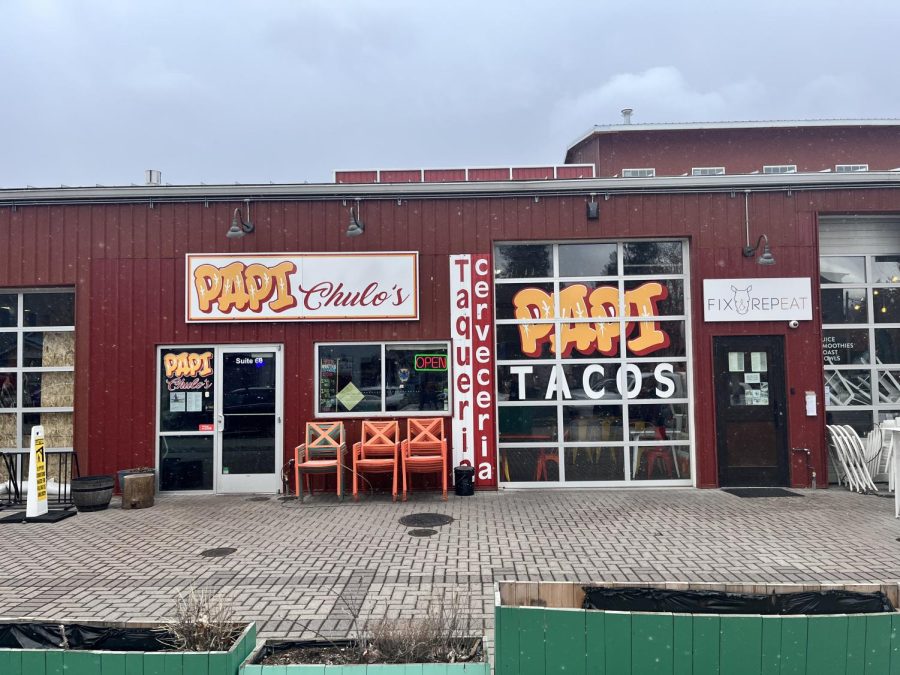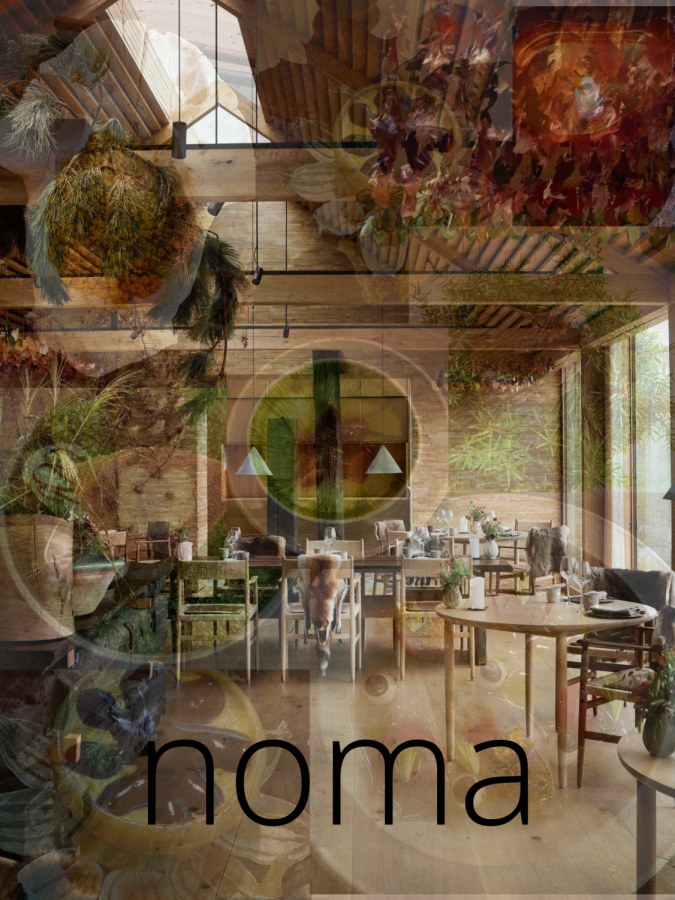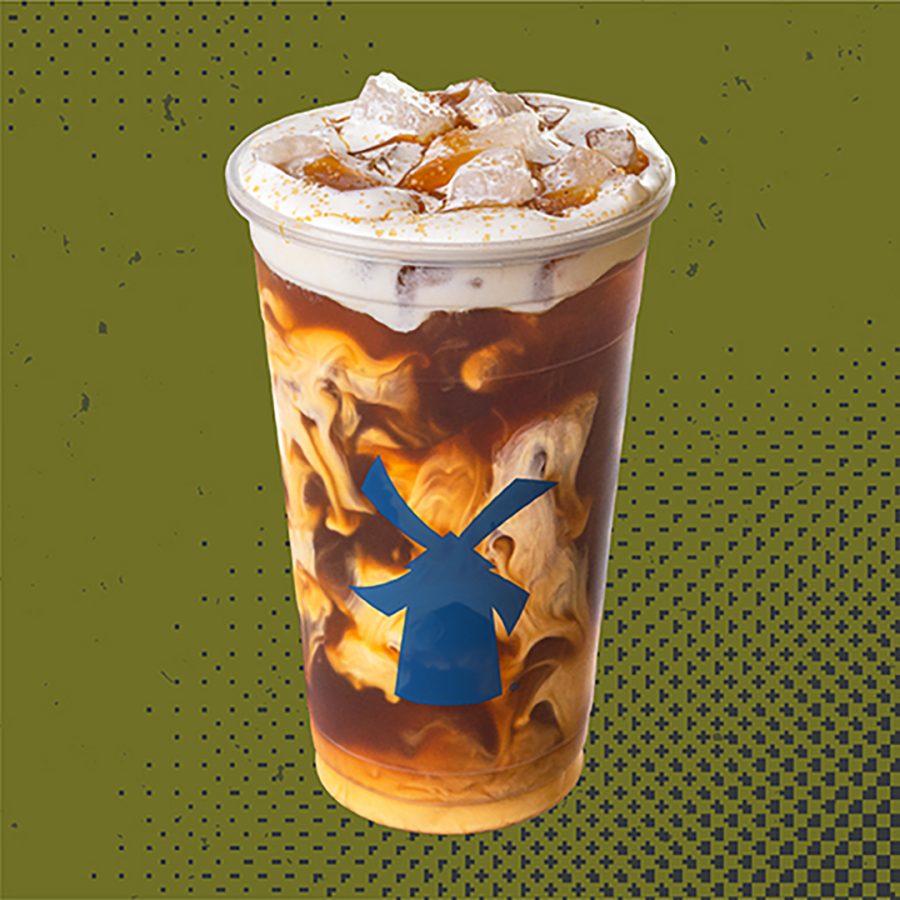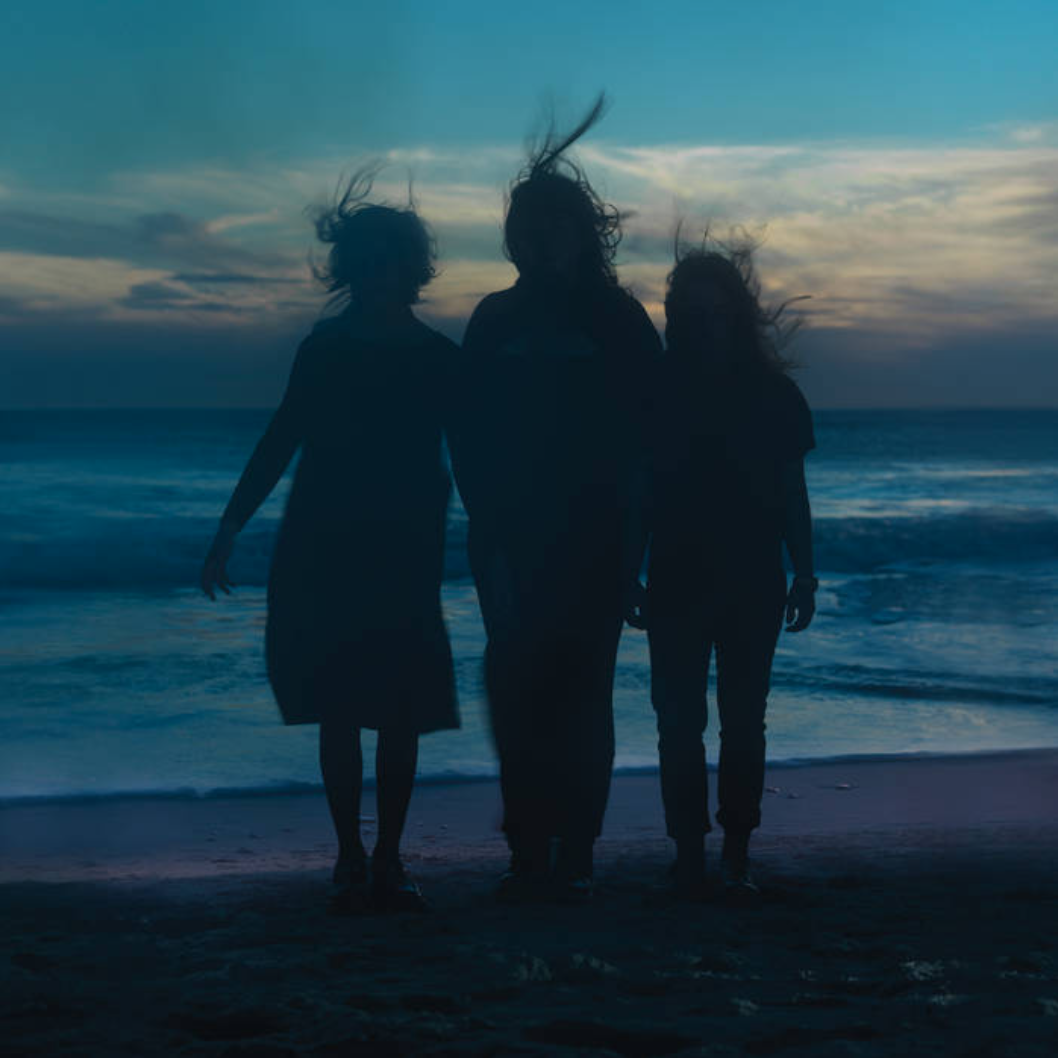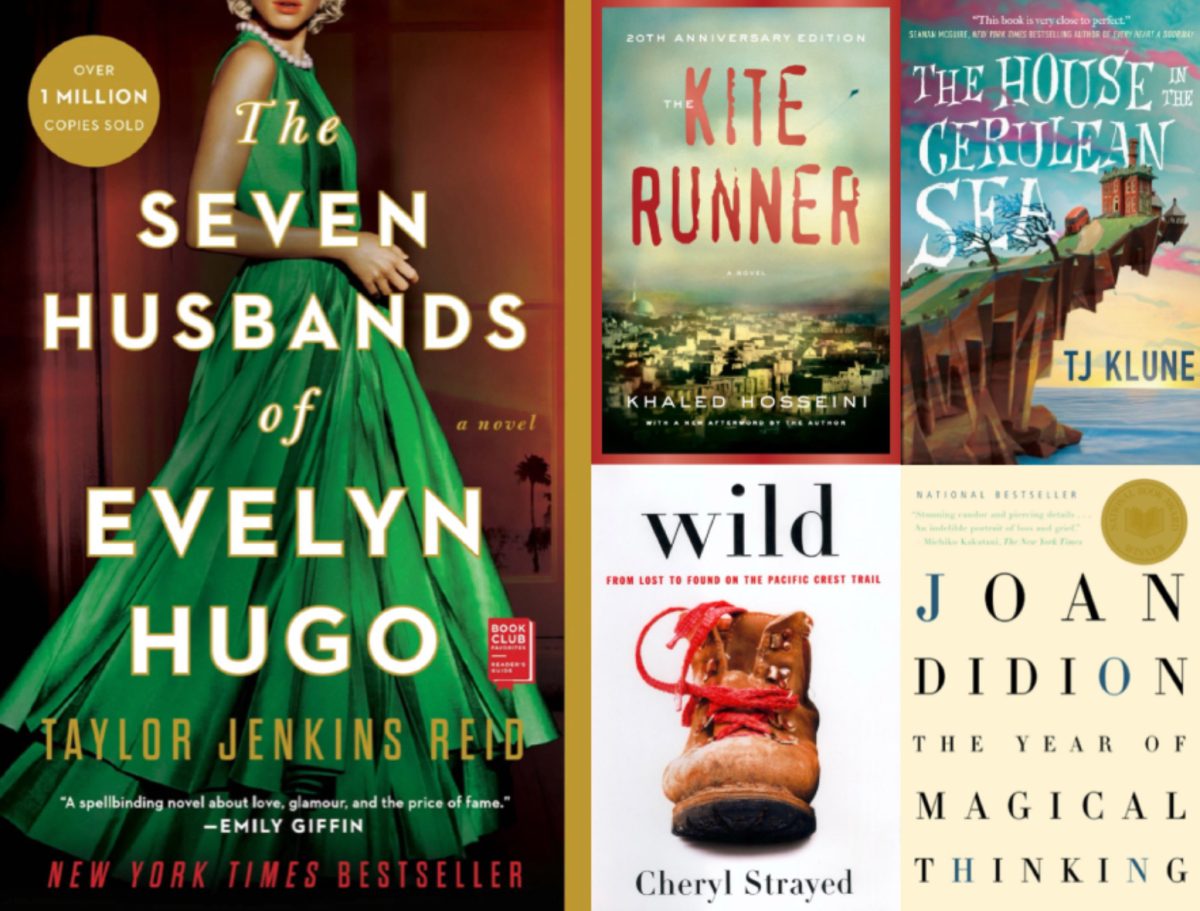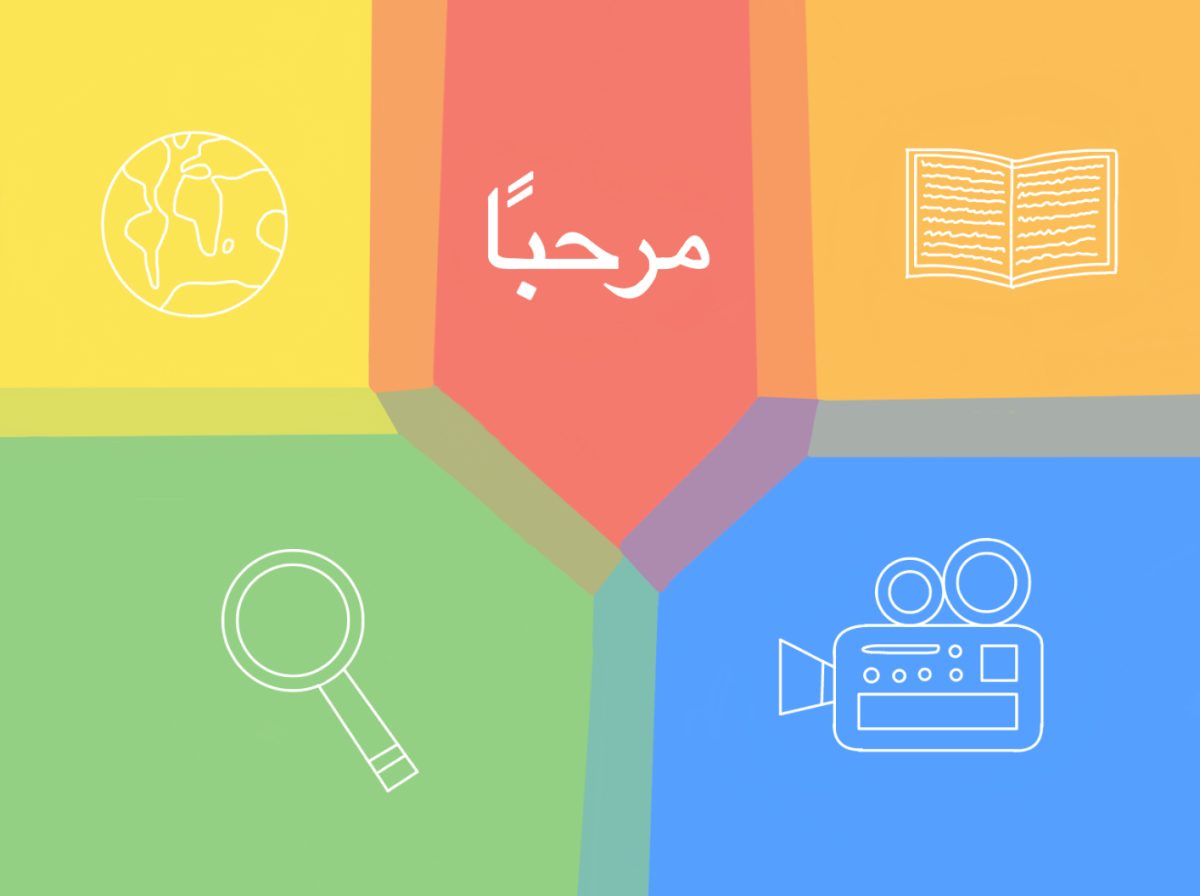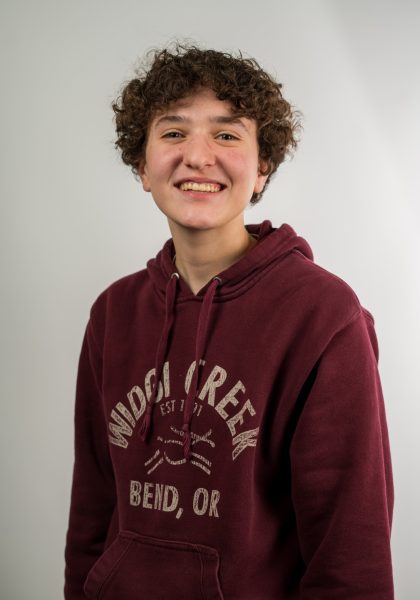The second semester has just begun, and students at Summit High School are beginning to feel the existential terror of planning for their futures. Forecasting forms are distributed and confused students pore over the 60-page curriculum guide, deciding which classes they need to take in order to walk away with a diploma or get accepted to their dream school. However, there is only so much a curriculum guide can tell you, and many interesting courses inevitably fly under the radar. The following five courses have suffered from this phenomenon during their time at Summit, but this doesn’t mean that they are not valuable and relevant to many students’ lives. Read on and discover whether one of them may be right for you.
AP Human Geography (Social Studies, 1.0 Credit)
Despite being offered at three of Bend’s four public high schools, AP Human Geography is often overshadowed by other courses in the Social Studies department such as AP US History, AP US Government or AP Psychology. Only offering two periods of the class each year, AP Human Geography teacher Sarah Warsaw has noticed that her students typically begin the school year with no idea what they will be learning. Warsaw wishes that more of Summit’s population was aware of AP Human Geography and the content it covers.
“The whole class is kind of a mix of geography and anthropology,” Warsaw explained. “Every unit is a little different.”
These units include not only basic geography but also migration, culture, language, religion and more. According to Warsaw, the main question students aim to answer over the course of the class is how humans and the earth impact each other. By answering this question, those taking AP Human Geography leave with a much more nuanced understanding of the world around them and how they interact with it.
Another pro to the class is its option for dual college enrollment. This means that even if you choose not to take the AP exam, you can still earn college credit for Geography 106 and Geography 107 simply by passing the class. With only a few dual enrollment courses offered at Summit, this cements AP Human Geography’s status as a rare and underappreciated opportunity for Summit’s upperclassmen.
Arabic (World Language, 1.0 Credit)
Of Summit’s four world language programs, Arabic is the newest, and unlike Spanish, French and Japanese, each of which offer four levels and an AP course, Arabic exclusively offers levels one through three. However, being less established than its fellow language programs has not prevented Arabic from bringing a unique cultural and linguistic perspective to Summit students.
The course, taught by Summit World Language teacher Jylan Maloy, covers the basics of Modern Standard Arabic, including speaking, listening, reading and writing. Students also learn about the rich and widely varied cultures of Arabic-speaking countries in Northern Africa and the Middle East.
The opportunity to learn Arabic is one that students should not take for granted—after all, according to an article by ShareAmerica, only 84 public middle and high schools in the country offered courses in Arabic in 2013. The fact that Summit has joined this small handful is a testament to our school’s diverse course offerings. If you’re still undecided about which foreign language to take next year, consider signing up for Arabic and joining in on this incredible legacy.
Intro to Literature (Elective, 0.5 Credit)
To most high school students, reading is a hobby, something dedicated bookworms struggle to fit into their busy schedules. But if Summit librarian and Intro to Literature teacher Eila Overcash has her way, reading will no longer be an afterthought in teenagers’ lives.
Intro to Literature, the collective brainchild of Overcash, Mountain View librarian Donna Layne and Bend-La Pine Schools Instructional Technology Specialist Christie McCormick, has been around since 2019 and aims to give students a set block of time during the school day to read books of their choice and explore literature independently. The class takes place during the first period rotator, so those enrolled in Intro to Literature only attend one out of every three days and can continue to take a full course load while earning an additional half credit per semester.
“[Intro to Literature] is the best class the school offers because you get credit for reading,” said Overcash. “I think a time carved out in the day to just sit down and read is really valuable.”
Unfortunately, the number of students taking the class this year has been quite low, with only several attending on each Green, Black, or Silver day. Overcash believes that there are many more students who could benefit from Intro to Literature, and wants all of Summit’s book lovers to know that this class exists and offers a calm and distraction-free environment in which reading takes priority.
Principles of Biomedical Science (Science, 1.0 Credit)
When freshmen forecast for their sophomore year science class, teachers, counselors and families alike focus their attention on Chemistry and Physical Science, casting Principles of Biomedical Science out of the picture completely. Summit sophomore and Biomed student Kyla McVey was repeatedly advised not to diverge from the typical college preparatory science path and sign up for the class.
“I was a bit nervous to take it because so many people told me not to, but I’m very glad I did,” said McVey. She has enjoyed the forensic aspects of the class and hopes to apply what she has learned to a career in psychology and criminology.
First taught at Summit in 2012, Biomed allows students to explore various parts of the biomedical science field through hands-on activities, including using forensic science to investigate the death of a fictional person and employing medical knowledge to interact with and diagnose a patient based on symptoms. According to Biomed teacher Chris Kuka, these experiences can be invaluable and open the door to a wealth of potential career paths.
“Biomed offers students the opportunity to experience science in a context that is not typical,” said Kuka.
Kuka hopes that students will continue to see the relevance of this unique scientific discipline, and that all students interested in biomedical science will take the time to consider this class and the incredible opportunities that come with it.
TV Broadcasting (Elective, 0.5 Credit)
Did you know that Summit had a TV Broadcasting class? Until several weeks ago, neither did I. Founded by Summit Video Arts teacher Brady Bedsworth and a small group of dedicated students, the program offers students the chance to learn about TV broadcasting and gain hands-on experience running their own news station.
TV Broadcasting students have the freedom to apply the skills they learned in Video Arts 1, the prerequisite for the class, in a variety of ways as they create their own news videos and other short films for the Summit Broadcasting YouTube Channel. The program is largely student-driven, and allows members of the broadcasting team to utilize their creativity and practice important skills like organization and time management.
“It’s the students’ show,” said Bedsworth. “So they need to be self-starters who are responsible and motivated to meet deadlines.”
So, if you’ve already taken Video Arts 1 and that description fits your personality, consider forecasting for TV Broadcasting and discovering your potential as a broadcast journalist.
While it’s easy to go with the flow and sign up for the same courses as your friends and peers, it’s important to remember that there is more than one path to high school graduation. Sick of Spanish? Try Arabic. Looking for a new lens through which to view history? Give AP Human Geography a shot. Looking to fit more reading time into your schedule? Sign up for Intro to Literature. And these five classes are only the beginning. Our school has so much to offer, and it’s time for students, staff and families to give Summit’s lesser-known classes the attention they deserve.

